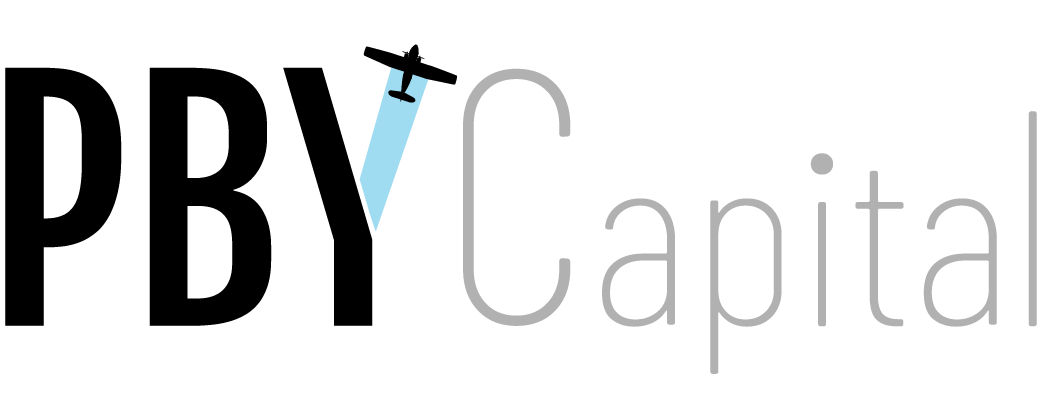If you're not taking profits, is the tax tail wagging the investment dog?
Wisdom holds that investors should rebalance and sell winners after markets have moved up

Article content
Many investors had an extremely easy time of it in 2021. Most major equity indexes were up smartly, largely due to the ongoing stimulus that kept the economy growing at a strong clip. Now that the calendar has turned to 2022, however, the story and the mood are decidedly less giddy.
Around the new year, the cyclically adjusted price-to-earnings ratio (aka CAPE) for the S&P 500 passed 40 for only the second time ever. For context, the S&P 500 has historically traded at around 16 times earnings. In other words, from a valuation standpoint the American large-cap market could drop by about 60 per cent and still be priced fairly. It has already begun dropping.
These are interesting times. The only time in history when U.S. valuations were higher than today was just after the turn of the millennium when the so-called dot.com bubble was about to burst. The mania spilled over our border, too. Back then, almost no one in Canada wanted to sell Nortel because it was on a tear – and it comprised about one-third of the entire Canadian stock market by market capitalization.
The biggest reason people didn’t want to sell was that the unrealized capital gains were so massive that their tax bill would have been huge. Many investors held until Nortel went bust. That solved the tax problem, but not the way they wanted.
Views on current valuations are highly divergent, but a broad consensus holds that investors should review their portfolios at least once a year and rebalance accordingly. After a year when markets moved up sharply – and in a new year when markets seem far more tenuous – such a re-balancing may well be in order again.
However risky the game of chicken was in 2019, there is no comparison to now.
Most investors who stick to a strategic asset allocation would have rebalanced at least once in 2021. Some even rebalanced twice. Are you among them? If you honestly believe the strategic decision of how much of your portfolio should be allocated to stocks and how much to bonds is important, consider doing so. But I believe I have a pretty good sense of what you’re thinking. You’re letting the tax tail wag the investment dog.
Until a month or so ago, you were also likely playing a game of chicken where you waited until early 2022 to rebalance to defer the capital gains for an additional 12 months. Well, the New Year has arrived. What are you waiting for?
I confess that I did exactly that in 2019-2020. I waited until the first week of January 2020 to rebalance my clients’ portfolios because they had experienced significant gains and, in truth, rebalancing was overdue when I finally did it. Rest assured, however, I was watching markets closely and would have sold earlier had things taken a turn for the worse.
Market much riskier than one year ago
By February that year, there was some real relief because the pain so many others felt was not anywhere close for my clients. On one hand, I could say I was shrewd and calculating, but we all know market timing is a mug’s game, and a more accurate depiction is that I dodged a bullet. No one knows what the future holds, but I strongly suspect that the next month or two may see a drawdown that could make the 2020 experience look tame by comparison – and I am not alone. Noted experts such as Jeremy Grantham of GMO share my concern.
To my mind, the current market is far riskier than it was in late 2019. Why? Valuations are much higher. The risks are much more of a threat and include inflation, stalled GDP growth, slagflation (combination of the first two threats), debt ceiling impasses and Delta variants. None of these were on anyone’s radar in 2019. However risky the game of chicken was in 2019, there is no comparison to now.
Holding on simply because your friends are holding too could be framed as an example of herding behaviour, or even as an information cascade. Here’s the Investopedia definition: An information cascade occurs when a person decides based solely on the decisions of others while ignoring their own personal knowledge to the contrary. The idea is related to self-fulfilling prophecy, the socio-psychological phenomenon of someone “predicting” or expecting something and it comes true simply because the person believes or anticipates it will.
Are investors ‘rational actors’?
There is no reason the decision to rebalance should be construed as anything that affects long-term performance. Unfortunately, people sometimes do irrational things for what seem to be rational reasons.
Robert Shiller, the guy who gave us CAPE, had some thoughts about this in his latest book, Narrative Economics. Many traditional economists would have us believe that investors are rational actors who are well equipped to identify and calibrate their own self-interest. Behavioural economists including Shiller, Daniel Kahneman and Richard Thaler have shown repeatedly that this assumption is demonstrably false.
The decision to hold off until the new year worked out for those who held off. Continuing to hold off in this environment makes less sense, however. In a worst-case scenario, you may have rebalanced early in the previous year, thereby triggering some large capital gains, and then moved on.
As such, when you do your taxes in the coming months, you may need to pay more than you initially planned. It would be a shame if you had to sell securities to free up the money to pay the tax man at the precise time when those securities were experiencing a significant drop immediately prior to the sell. I’m not saying that’s how this will play out, but if this sounds like a scenario that fits your recent experience, you need to give serious consideration to taking some profits soon.
John De Goey is an IIROC-licensed portfolio manager with Wellington-Altus Private Wealth (WAPW) in Toronto. This commentary is the author’s sole opinion based on information drawn from sources believed to be reliable, does not necessarily reflect the views of WAPW, and is provided as a general source of information only. The opinions presented should not be relied upon for accuracy, nor do they constitute investment advice. For proper investment advice, please contact your investment advisor. John De Goey can be reached at john.degoey@wprivate.ca.

Get the latest stories from Canadian Family Offices in our weekly newsletter. Sign up here.

